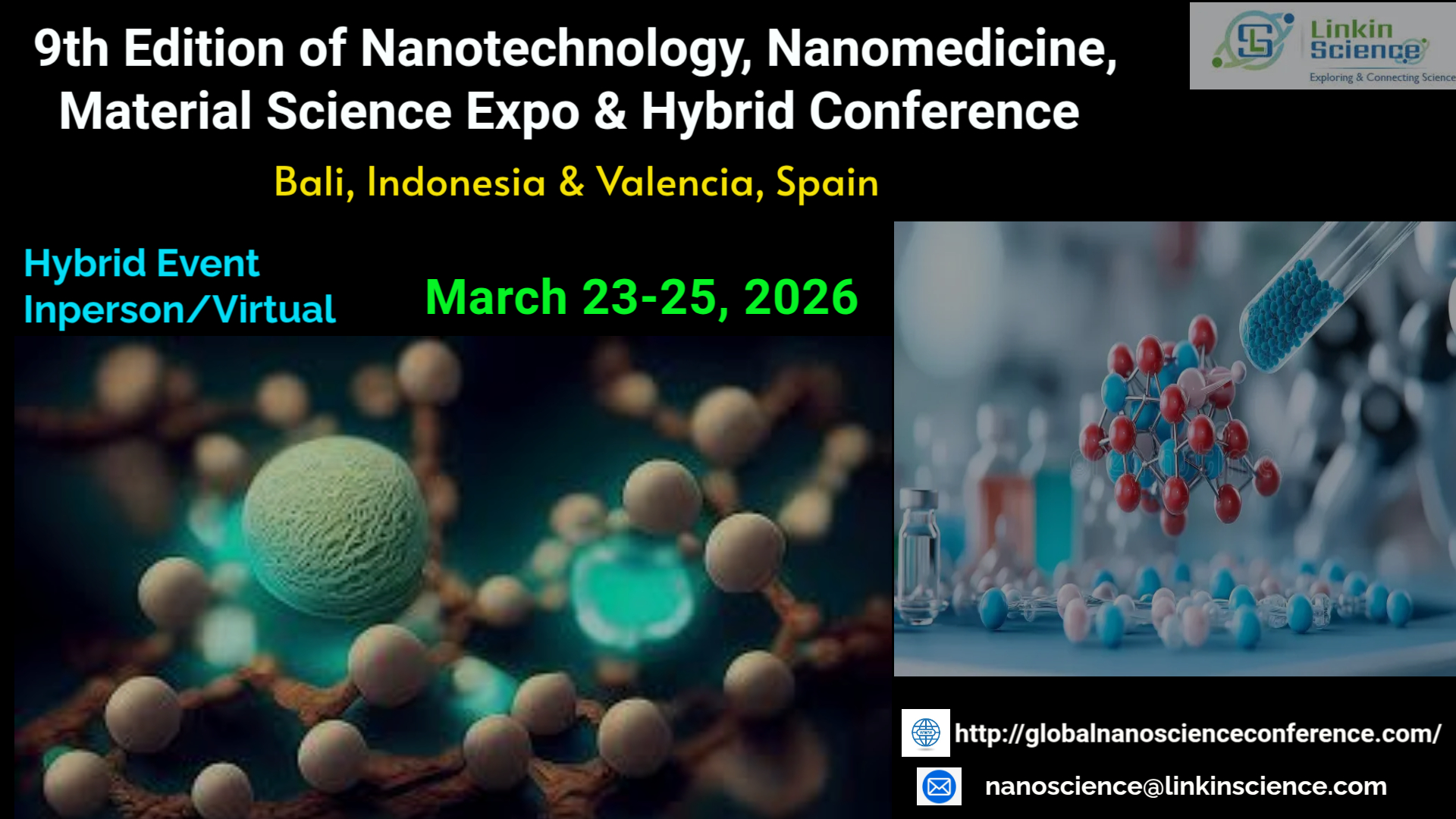
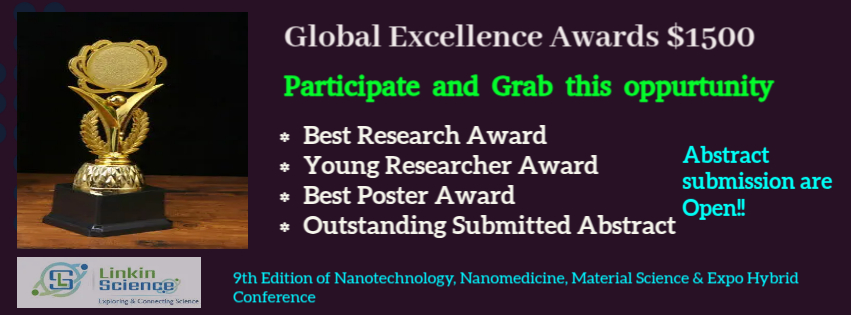
Abstract Submission: March 15, 2026
Early bird on/before : January 15, 2026
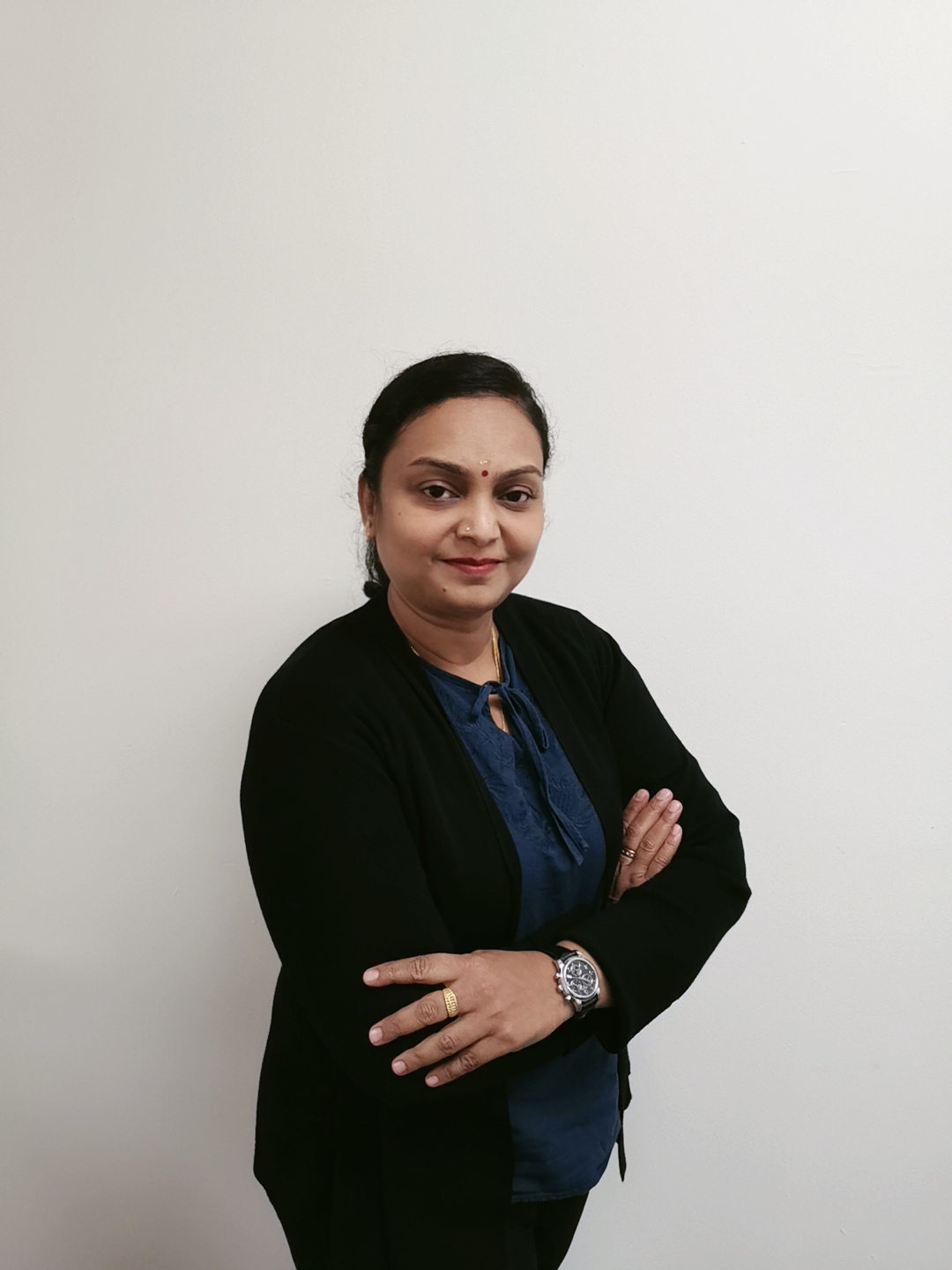
INTI International University
Associate Professor
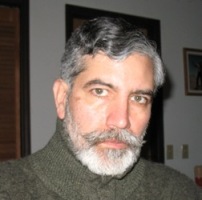
The University of Alabama in Huntsville
Principal Research Scientist
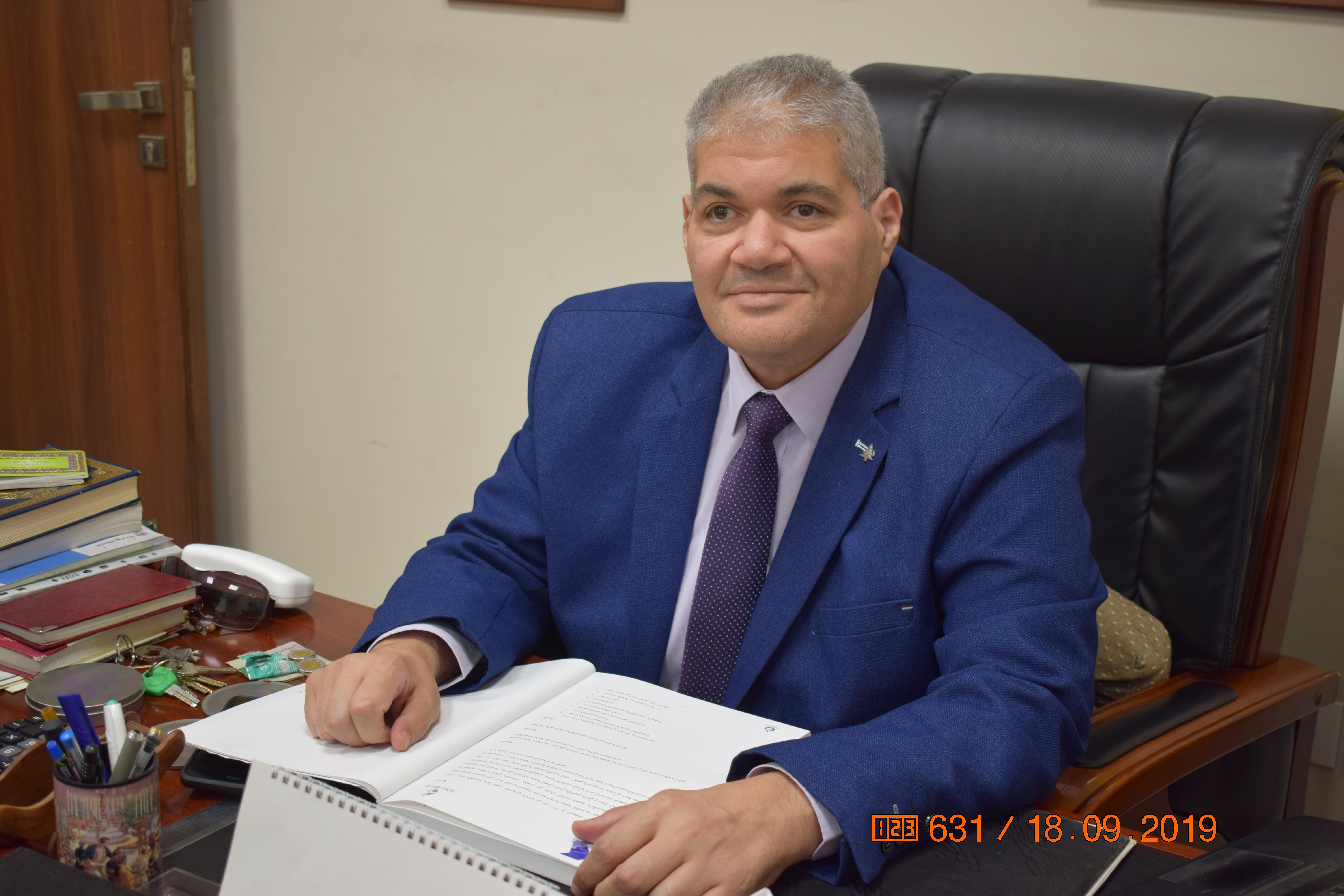
Center for Photonics and Smart Materials at Zewail City of Science and Technology
Professor/Director
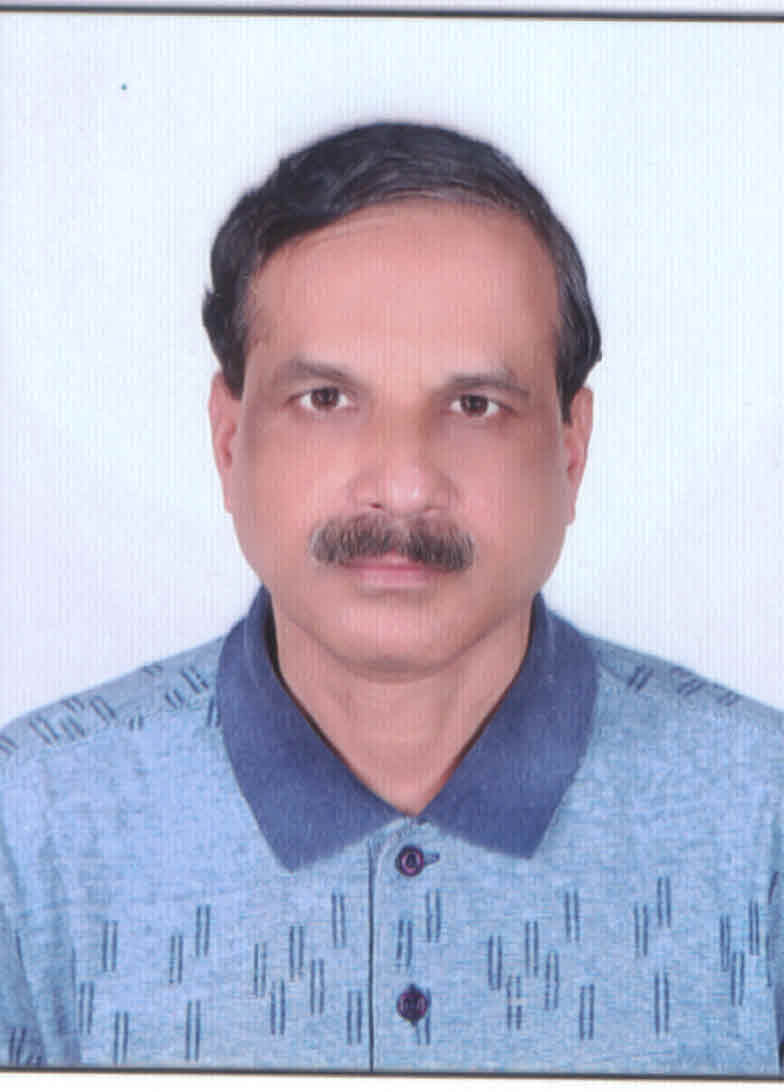
Central glass and ceramic research institute, Kolkata
Chief Scientist
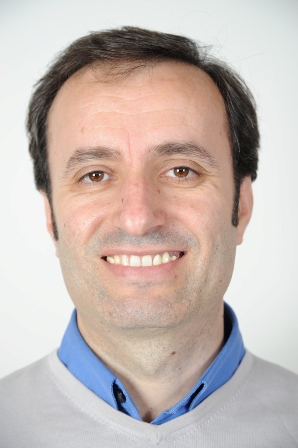
Nanoalmyona BV
CEO, Nanoalmyona BV,
A poster presentation is a way to communicate your research in a concise and visually engaging format. Poster presentation helps make clever use of time and space for scientific discussion among conference attendees. Co-authors or colleagues may also be present and participate at the same time in discussions.
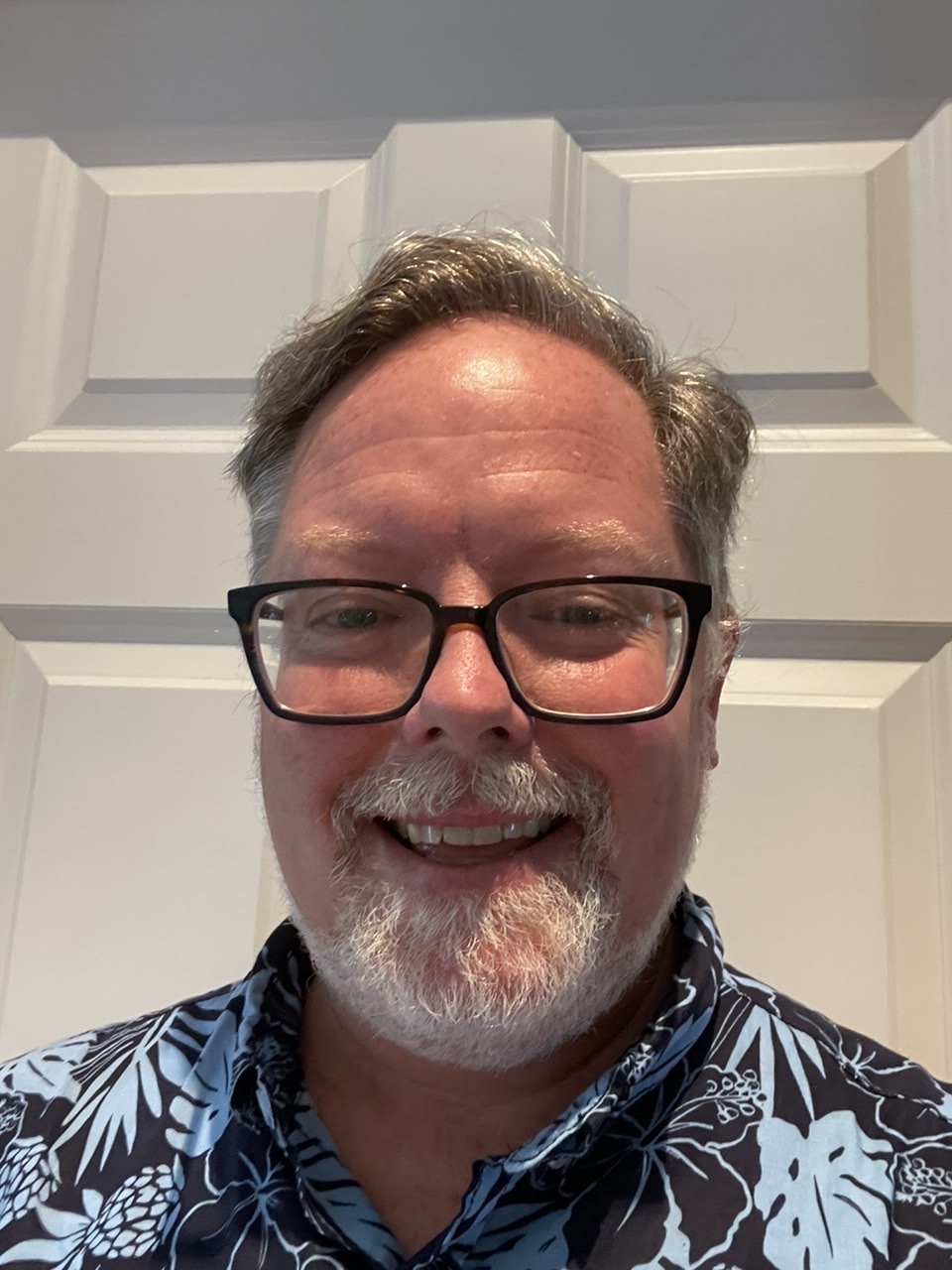
American biomedical engineer, researcher, and entrepreneur, Professor
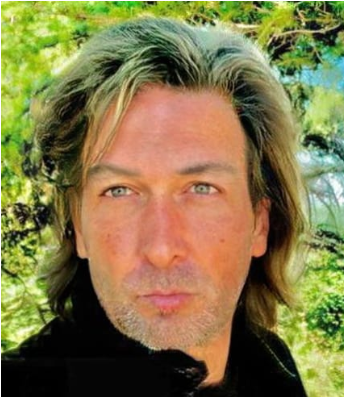
Professor, .
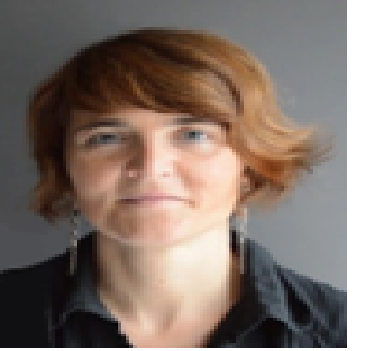
Assistant professor, PhD
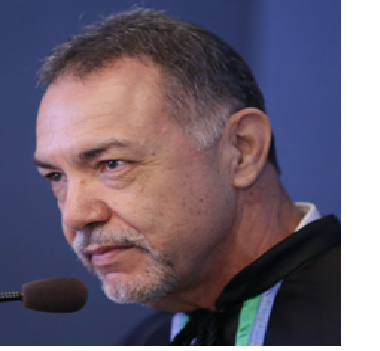
Professor, PhD
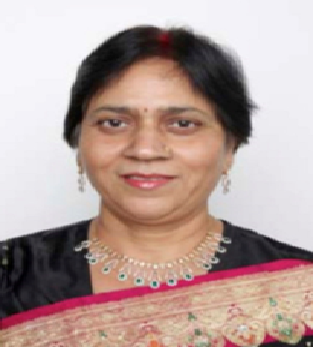
Secretary of Research, Anesthesiology & Intensive Care Medicine
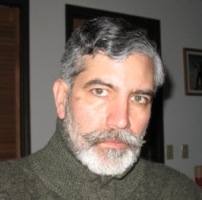
Principal Research Scientist, The University of Alabama in Huntsville
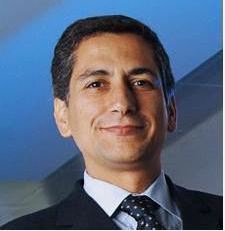
Associate Professor, Universidade de Aveiro, Portugal
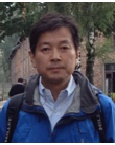
Professor, Osaka University
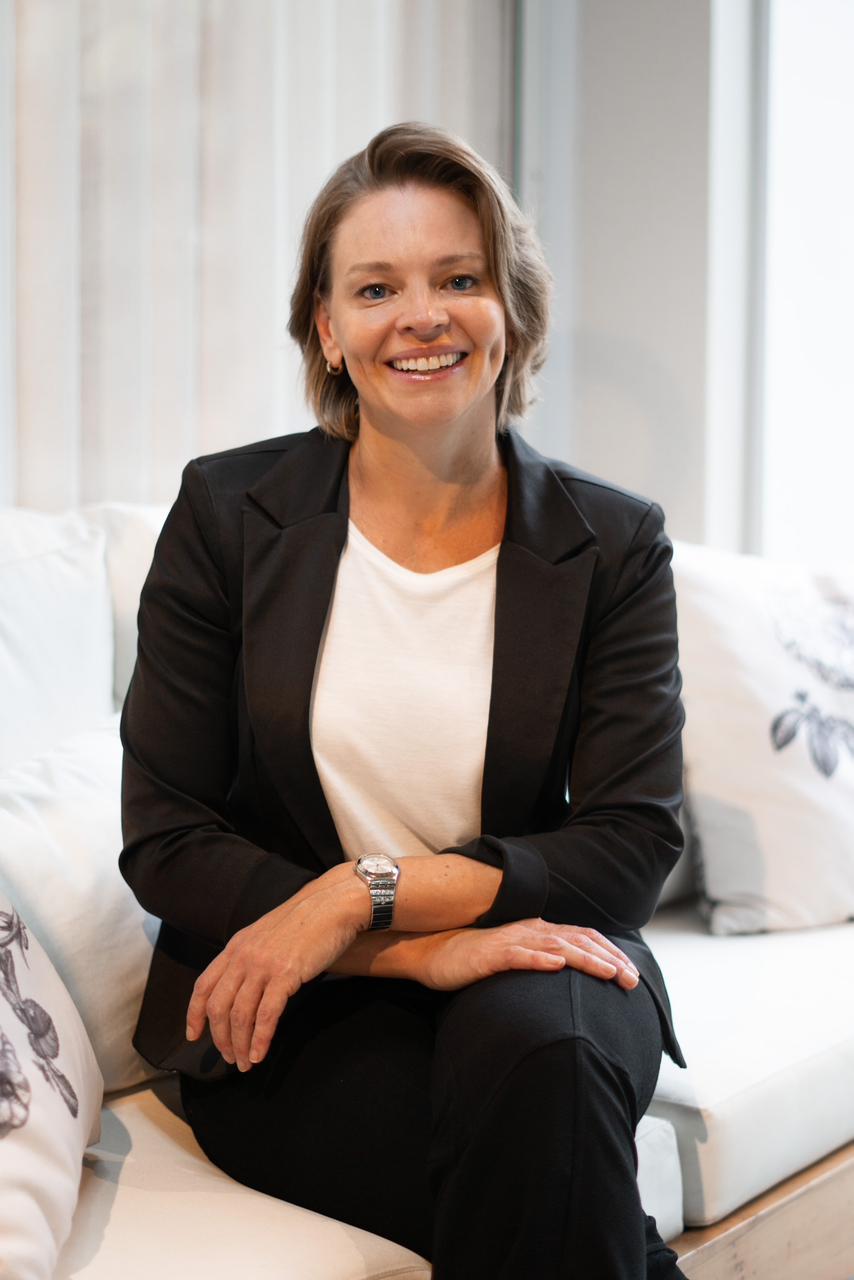
Professor, Biophotonics Applied to Health Sciences Postgraduate Program
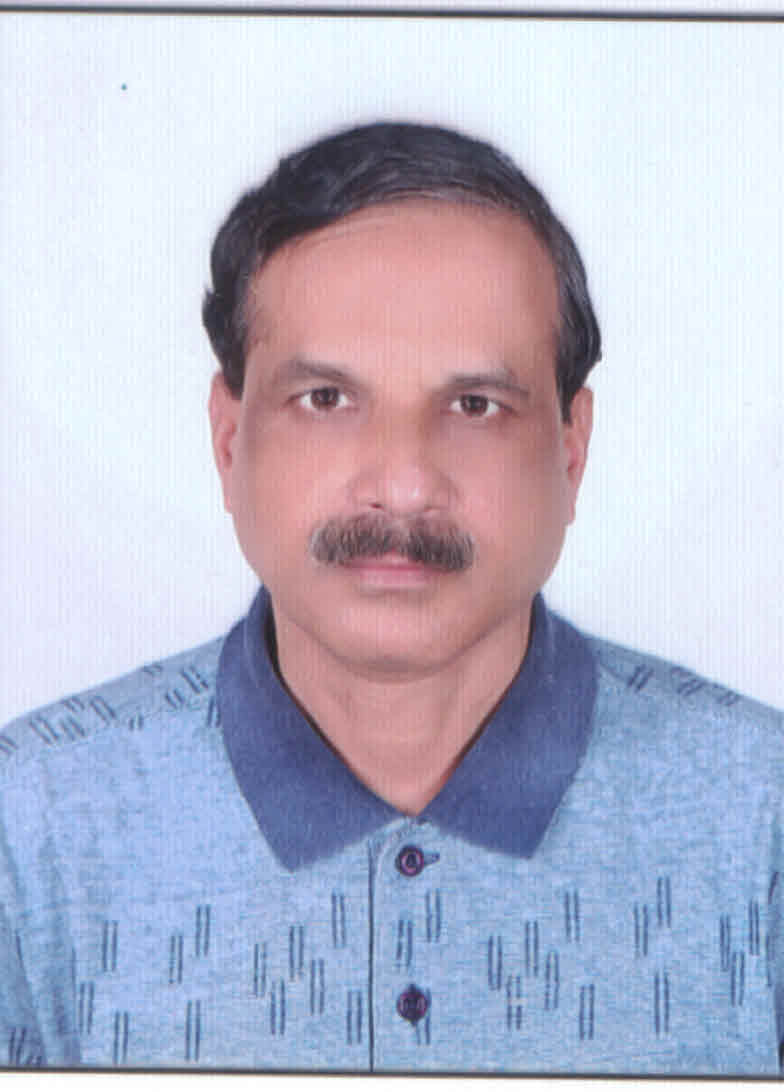
Professor, CSIR-Central Glass and Ceramic Research Institute, Kolkata, India
4% tax is applicable on all registrations
4% tax is applicable on all registrations
4% tax is applicable on all registrations
4% tax is applicable on all registrations
4% tax is applicable on all registrations
Congratulations to all the participants for their excellent contributions and to the awardees for winning in the following categories.
Selected participants Nanotechnology conference 2025
What our Past Participant have in there mind.
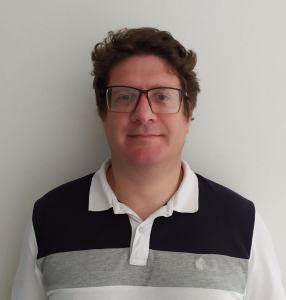

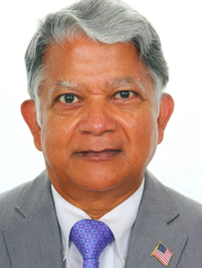

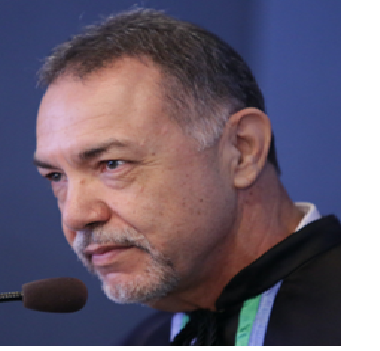

I liked the idea of watching and participating in a presentation of interest and the possibility to access the virtual conference wherever I like. Also, I liked virtual presentations that allow the participants to be more accurate when presenting their work and the interactive poster presentations as well. Maybe the virtual presentations can be written by the authors and edited for eventual language mistakes and then converted to speech by a native English speaker to be more comprehensible
The 8th Congress of Nanoscience and nanotechnology was very well organized with excellent speakers and intensive discussion. The platform presents nice exchange ideas for the development of nanoscience in medicine and biology. I wish all the success of the current and future events for the development of nanoscience!
It was indeed a very nice opportunity to take part in the 8th Edition of Nanotechnology, Nanomedicine & Material Science Conference, as a Speaker and as one of the Committee Members. The conference was indeed very well organized and proceeded smoothly all long. The speakers were well-selected and the topics were very insightful. I felt honored to take part in the Nanotechnology 2025 and would like to be on board of the next editions of this memorable event.